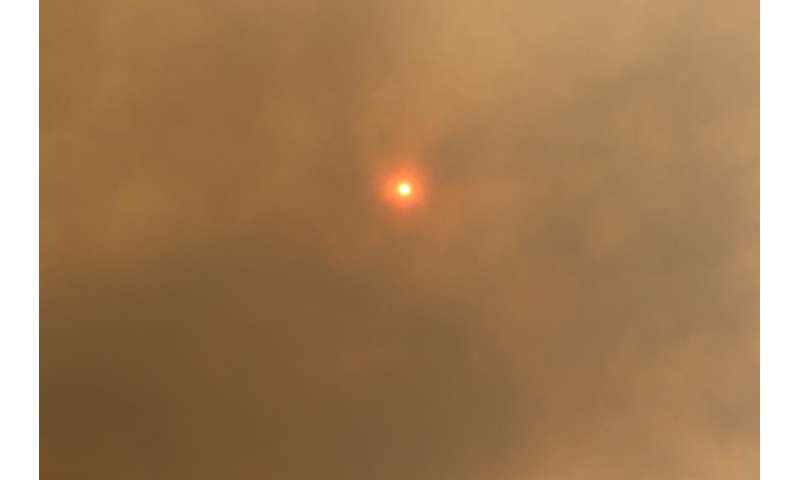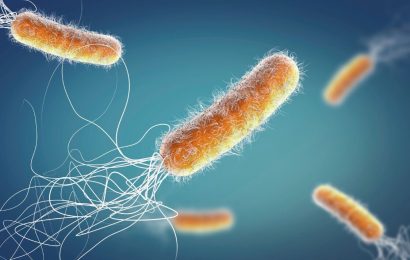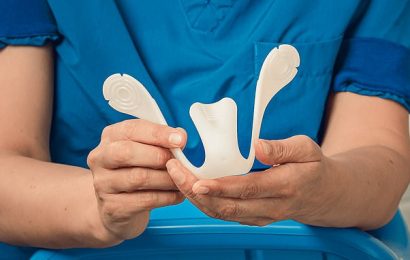
A new survey developed by The Australian National University (ANU) will examine the effects of this year’s bushfires and COVID-19 on pregnant women and their babies.
The four-part survey is part of a larger study in partnership with the University of Canberra, University of Wollongong, Canberra Health Services and NSW Health on how these recent crises have impacted the living conditions, as well as mental and physical health of new mothers and their babies.
The survey will highlight the challenges women and their babies faced throughout the bushfires and pandemic as well as their adaptability and resilience in both the short and longer term.
Lead ANU researcher, Professor Christopher Nolan says the results will be used to form a series of recommendations for how to improve our health system and emergency responses during major crises.
“We need to listen to the experiences of these mothers and look at the challenges they faced during the bushfires and pandemic. Understanding these challenges is the only way we can look to improve these systems in the future,” Professor Nolan said.
Zoey Salucci was seven months pregnant when the bushfires forced her to evacuate her home in Cobargo with her two-year-old daughter and shelter on a beach in Bermagui.
“The smoke was so thick that I couldn’t breathe. Being pregnant, your lungs are already squashed and this made it feel so much worse,” Ms Salucci said.
“I ended up sitting in a car because I couldn’t handle the smoke and I knew I would end up having to run to the beach if the fire got close. I was under the most intense and indescribable stress that I have ever experienced. Not knowing how to escape or what the smoke was doing to my baby was the most horrible feeling.”
Rebecca Clark gave birth to her youngest daughter in Canberra during the height of the COVID-19 restrictions. She said the stress had been her major concern as well.
“Ten minutes before I went in for my C-section we still hadn’t been told whether my husband would be allowed in with me,” she said.
“We need to feel supported during those critical moments but instead I felt stressed from all the uncertainty. I spent a lot of my pregnancy feeling locked up and stressing over whether the bushfire smoke had had an effect on my baby and because of coronavirus, the stress and uncertainty stayed with me even in those final moments before I had my daughter.”
Dr. Michelle Hamrosi is a GP on the NSW south coast who treated women during this period.
“I saw many patients who were exposed to significant amounts of bushfire smoke, including pregnant mothers. These patients were also impacted by massive disruption to their normal lives and were filled with anxiety day after day as the fires kept threatening the community. Their physical and mental health suffered,” Dr. Hamrosi said.
Dr. Hamrosi is also hopeful that the survey will lead to change in the future.
“It would be beneficial to use the results to develop more concise guidelines around bushfire smoke exposure so that we could provide more accurate advice for mums and their infants on how to stay healthy and safe during these times,” she said.
“Pregnant women and infants are vulnerable to environmental exposures, and a positive outcome would be to see greater consideration given to this group as a whole during emergency preparation and planning.”
Researchers are particularly interested in hearing from Aboriginal and Torres Strait Islander mothers and women from culturally diverse backgrounds who will have experienced unique circumstances during these crises.
The survey is available to anyone who was pregnant or had a baby no older than three months on 1 February 2020 or became pregnant by 30 April 2020 in Canberra and southeastern New South Wales.
Mothers will be asked a series of questions about whether the bushfires and pandemic have impacted job prospects, access to housing and childcare and their mental and physical health as well as the health of their baby.
Source: Read Full Article


